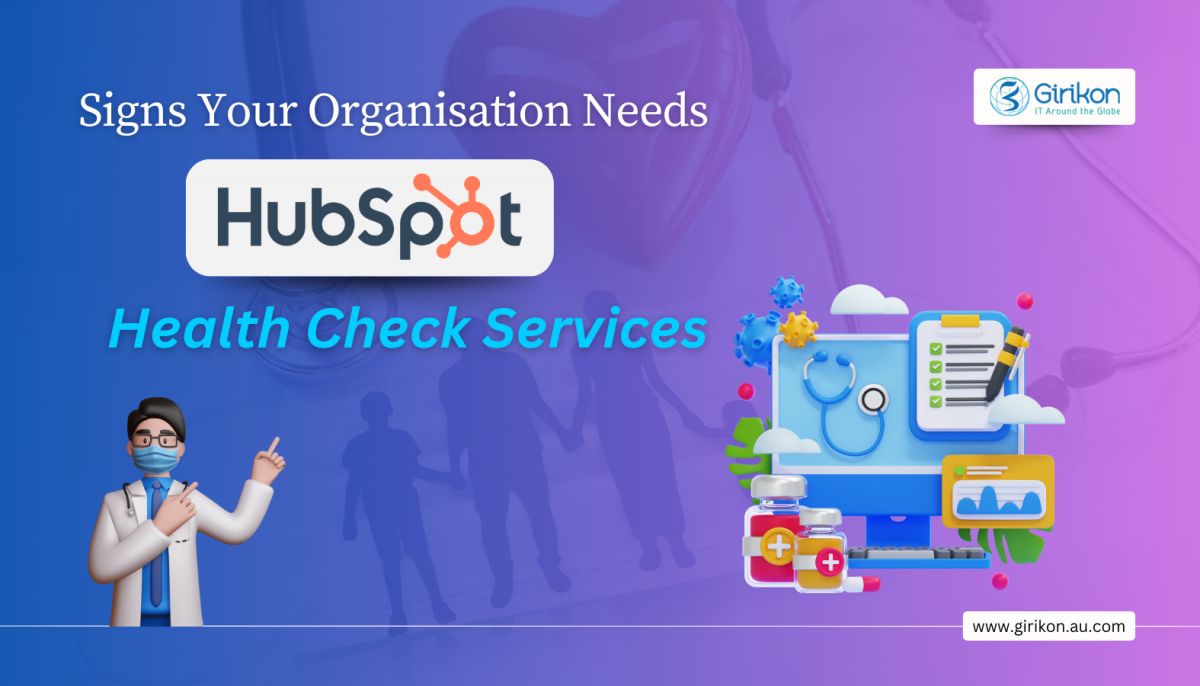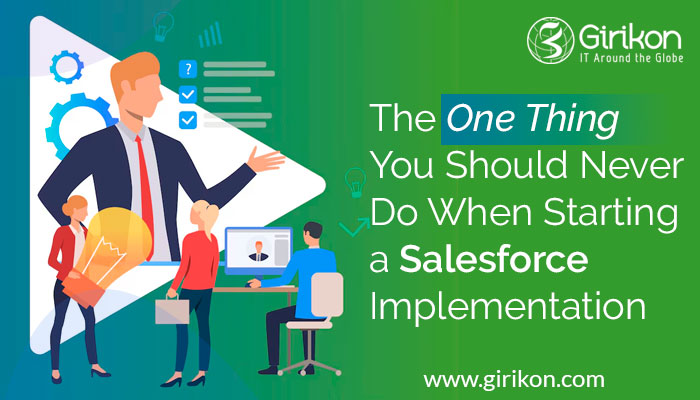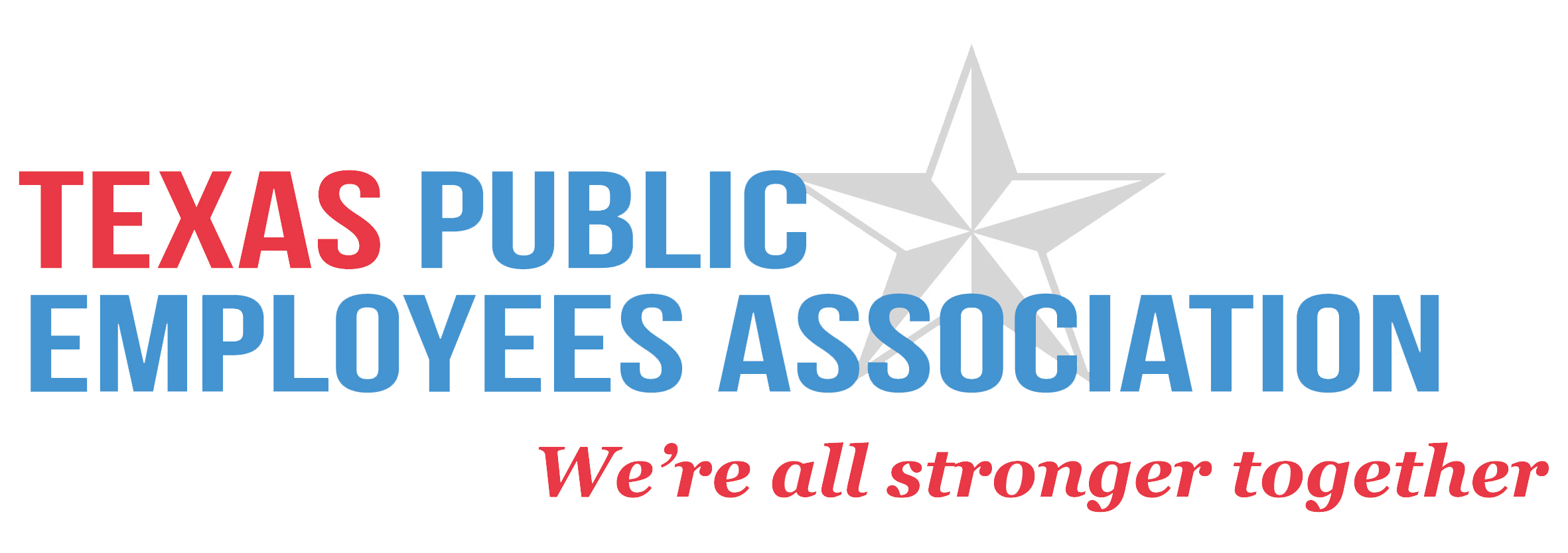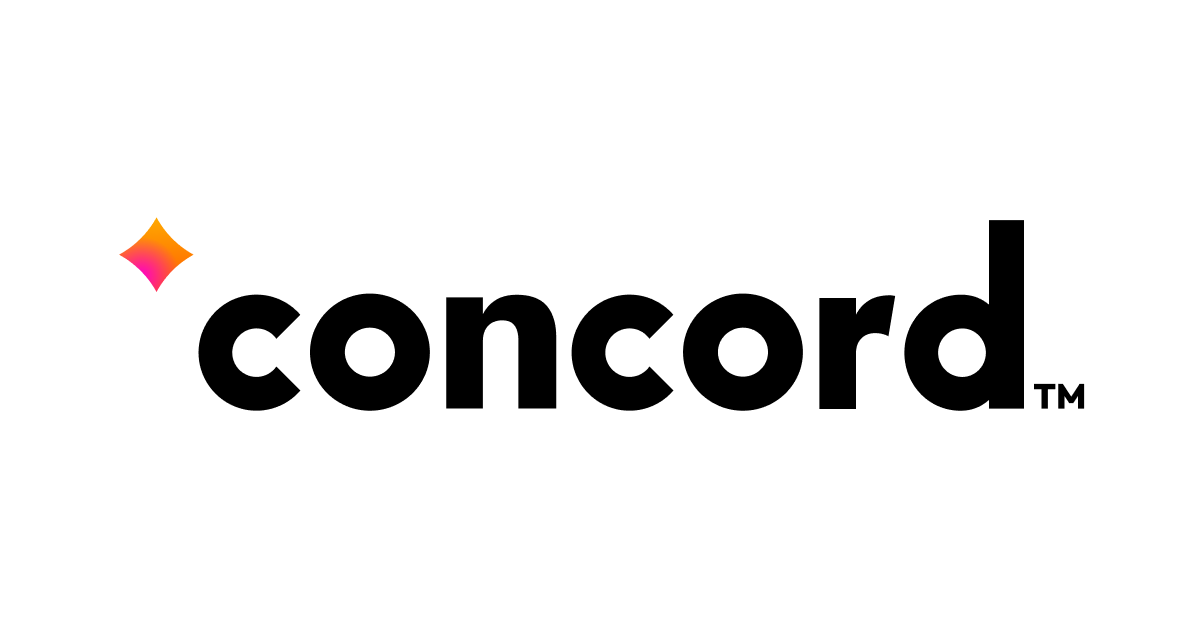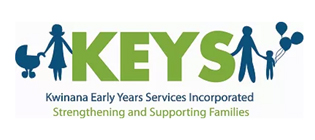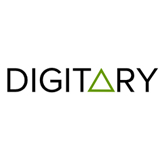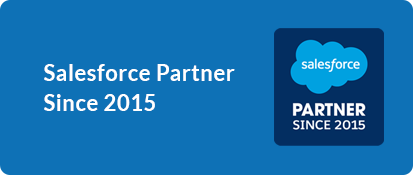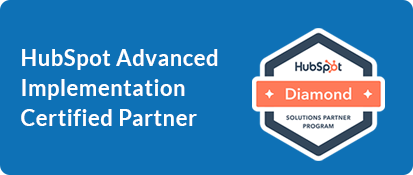Our Blogs
Most healthcare organizations today still depend on electronic health records (EHR) to manage clinical data. And when the pandemic struck, forcing them to deliver care in new ways, EHR systems revealed their limitations. Care providers needed a more effective way to integrate their clinical and non-clinical information to assess their patients’ needs and preferences. Without this understanding, care providers risk losing patients whose expectations have risen dramatically in the pandemic scenario.

The fat is, if care providers rely only on EHR, its very likely they will deliver a disconnected and in-effective patient experience. And the reason is, they don’t have a single source of truth for all patient data – clinical as well as non-clinical, which makes it a daunting task to provide access to care from anywhere and often keeps patients waiting for vital information. In other words, patients are compelled to manage their own healthcare.
How can care providers turn this around? It begins with cloud-based healthcare. Let’s understand what that means and how it can benefit both providers and patients.
What is cloud-based healthcare?
A cloud-based healthcare solution solves many common challenges and allows providers to focus on what matters most: the patient.
With a cloud-based solution, you can store your data with best-in-class securely and access it from anywhere. Cloud solutions work on a global network of secure data canters, so you don’t have to worry about procuring servers and managing them in-house.
A cloud software or application can easily connect to an EHR or any other system through APIs, allowing healthcare organizations to centralize data.
With the cloud, healthcare organizations can connect, store, and maintain a patient’s health information such as blood test results, scan diagnosis and contact preferences. All information on the patient is accessed securely using a single console across the organization. EHRs are not replaced; they are seamlessly integrated with the cloud system.
Once you integrate the cloud system with your HER or other systems of records, you can extend further with app libraries like AppExchange. App libraries provide tailored solutions to help solve varied healthcare business needs such as verification of patient medical insurance. An API can fetch data from a any system and collate all the information in one place.
Behind the curtain, the cloud system provider maintains the software and upgrades it on a periodic basis. This frees up healthcare IT professionals to customize the platform to meet the unique needs of their business.
How can a cloud based system enhance the work of healthcare organizations?
Providers create data silos from multiple sources of information. The time spent in searching multiple systems coupled with the lost opportunity to get insights from that data frustrates both healthcare staff and patients. Here’s how cloud-based healthcare does the hard work for everyone:

Streamline operations
Care staff can access the data they need from a single app, instead of having to switch between systems, and they can view all information at an aggregate level. This allows them to quickly answer patient questions, manage patient preferences, and turn insight into action.
Organizations can also automate time-consuming tasks. Think of a patient who needs to schedule a knee surgery. Instead of the appointment desk having to manually go through their calendar to find an available slot, the cloud can automatically suggest available appointment times through the channel of their choice. The cloud system can also deliver a series of messages or emails with important information such as pre-visit instructions to post-visit health tips.
Personalize patient care
With a single source of truth for all patient data – clinical and non-clinical, care manages can get a complete view of a patient’s health. They can easily view the treatment history, social contributing factors of health, history of tests and procedures, and details of the extended care team. They can also access any queries the patient may have submitted through any channel or device.
At the same time, in-built intelligence in the cloud system can analyze data to help providers identify at risk patients, ensuring those most in need are not overlooked. This frees up care staff and doctors to focus on interacting with the patient instead wasting time in record-keeping and scanning historical patient information.
Engage anywhere
The cloud empowers clinicians and other care staff to access patient information from anywhere on any device.
For example, a physician who is at another facility, away at a conference or at home, can still access patient information from a single console. Or, when patients need to see a physician but because of time constraints, distance, weather conditions, or lack of transportation make it difficult, they can go for a virtual appointment instead. Care providers are more accessible to patients with multiple option available, and care providers have more access to their patients. This connectivity reduces time to deliver care and improves patient outcomes.
Reduce mistakes and inaccuracies
Although digital options are available to streamline the care process, many patients with complex conditions prefer to keep their healthcare records in physical binders. Patients often request their providers to send records to each other via fax.
Not only is this time-consuming and produces illegible, incomplete forms, but it’s far from being accurate. That’s because the fax machine is most often unattended. And adding to that, when patient information is uploaded from faxed forms, there is a significant room for error such as a misspelled name or uploading an outdated prescription list.
With a cloud system, patient cases can be quickly reviewed and processed, by unifying the document management process and automatically routing the patient case to the right queue.
Cost
A cloud based healthcare system can hold a humongous amount of data and information at a very minimal cost. Cloud computing works on the pay-as-you-go model, which means you only have to pay only for those services which you are availing and only for as long as you use it.
Cloud computing is a paradigm shift in the IT budgets from Capex to Opex, and reduces your in-house infrastructural costs and associated operational costs to a bare minimum. In fact, cloud based healthcare systems make it possible even for smaller hospitals and care facilities with smaller budgets to adopt the technology.
Scalability and Flexibility
Healthcare providers operate in a dynamic environment. Cloud facilitates technologies that are used in healthcare like patient portals, IoT, mobile apps, tele healthcare, data analytics. It provides hassle-free scalability and flexibility, which in turn powers the decision-making process.
In traditional systems, along with 24*7 availability, healthcare providers also need to scale the data storage and network needs as per the service demands. Cloud technology can increase or decrease these storage requirements on an as-you-need basis.
Moving to the cloud not only reduces risks but also improves data handling, minimizes downtimes, prevents information leaks, and augments security practices.
Speed
Speed is a critical criterion when you have to take a decision about selecting any technology. The beauty of a cloud-based system is that they can update and upgrade their features at a regular and consistent pace with minimal intervention, and you get real-time updates on all relevant information.
One of the major benefits of cloud computing in healthcare is unmatched speed and faster access to information, which can overcome the stumbling blocks which the clinicians and patients have to deal with on many occasions.
How do you get started with cloud healthcare?
The good news is you don’t need to take down your existing systems to make room for a cloud solution. In fact, the cloud software allows all systems to work together seamlessly. You can fetch data from EHRs as and when needed and present it with other information, such as communication preferences, for a 360-degree view of the patient.
With a cloud based healthcare system you can:
- Turn information into action
- Personalize every interaction
- Respond to patient needs quickly
- Engage, collaborate, and innovate from anywhere
Contact a Salesforce Consultant to know more about how the World’s No. Cloud platform can help deliver success for your healthcare business.

 +61-1300-332-888
+61-1300-332-888 +1-480-382-1320
+1-480-382-1320